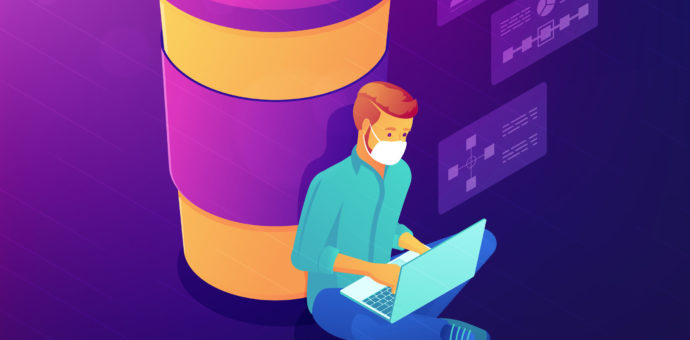The Daia Foundation, led by SingularityNET and Ocean Protocol, is promoting a hackathon for the development of intelligent decentralized blockchain tools to combat Covid-19 and reduce the risks of future infectious outbreaks. Participants have until April 30 (1st phase) and June 1 (2nd phase) to submit their projects and will compete for prizes totaling fifty thousand dollars. Winners will be announced on June 7, 2020
The goal is to develop and launch open source code using artificial intelligence and/or blockchain to combat the pandemic of the new coronavirus. In addition to reducing the risks of future infectious outbreaks and dealing with the pandemic situation.
The hackathon began on April 1, 2020 and will be valid for two months. There will be two phases:
- Phase 1: optional, will run until April 30, 2020. Those who submit their project before this deadline will have the chance to be selected for an in-depth orientation session with aides, mentors and expert judges during phase 2.
- . Phase 2: will take place until June 1st, 2020 and will be the deadline for all participants.
Participants can submit projects on more than one track in the areas of:
- Medicine and Epidemiology
- Privacy and data sovereignty
- Information and coping tools
- Open innovation
Useful tools and codes developed in the contest will be deployed on one or more decentralized AI networks after the hackathon – regardless of whether or not they are deployed on one of these networks in their initial form.
Blockchain technology in use to fight coronavirus
Blockchain technology was already being used to combat the new coronavirus. The largest ethereum blockchain miner in the United States has redirected the processing of 6 thousand GPUs for research, seeking for a coronavirus treatment.
According to scientific paper, the technology, with its data logging features, would help strengthen the systems of prevention and control of the virus, which spreads with ease. Features such as validating transaction processes, preventing system failure from any single point of the transaction, and approving data sharing with optimal security could be redirected to such control and monitoring.







